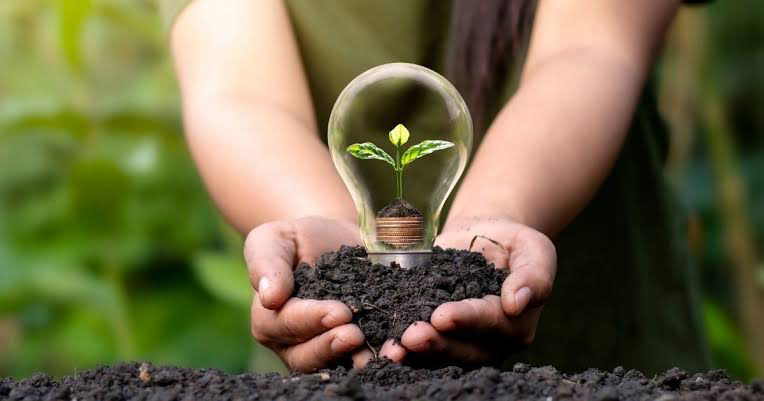Global population growth is outpacing new electricity connections. For the first time in over a decade, the number of people without electricity has increased. In 2022, this number reached 685 million, with Sub-Saharan Africa being the most affected region.
Sustainable Energy for All (SEforALL) emphasizes the need for innovative financing instruments and initiatives. These are crucial to support underinvested countries without further straining their economies. This assessment references the 2024 Tracking SDG7 Energy Progress Report. This report is a collaboration between the International Energy Agency (IEA), International Renewable Energy Agency (IRENA), UN Statistics Division (UNSD), World Bank, and World Health Organization (WHO).
Released last month, the report highlights a worrying increase in the global energy access gap. The aim of SDG7 is to “ensure access to affordable, reliable, sustainable, and modern energy for all.” However, the IEA warns that despite some progress, the current pace is insufficient to achieve the 2030 targets for SDG7. “Rates of progress vary significantly across regions,” the IEA noted, “with some regions making substantial gains and others slowing down or moving backward.”
The report reveals that 91% of the global population has access to electricity. Yet, there was a rise of 10 million people without access compared to the previous year. In Sub-Saharan Africa alone, 570 million people lack electricity. Furthermore, while 74% of the global population has access to clean cooking technologies, 2.1 billion people still rely on polluting fuels. Only modest improvements are anticipated by 2030.
Renewable energy accounted for 18.7% of total final energy consumption worldwide in 2021. This is a modest increase from 16.7% in 2015. SEforALL finds this troubling, given the strides made in reducing renewable energy costs and advancing new technology applications.
“Despite recent progress, the current pace is not adequate to achieve any of the 2030 targets for SDG7,” SEforALL said. “Innovative solutions and greater financial support are urgently needed.”
SEforALL outlined four key action areas to accelerate progress toward SDG7:
- Increase Investments to More Countries: Financial flows in 2022 rebounded to $15.4 billion, a 25% increase from 2021. However, 80% of these funds are concentrated in just 25 countries. International public investment flows changed substantially between 2021 and 2022 in all developing regions, except Sub-Saharan Africa.
- Scale Up Decentralized Renewable Energy Deployment: The report shows that the remaining population lacking electricity access has lower incomes and lives in more remote areas than those newly connected over the past decade.
- Ensure Clean Cooking Access: More investments are needed. The vast majority of low- and middle-income countries will miss the 2030 universal access target unless efforts are strengthened.
- Innovative Solutions and Ambitious Efforts: Efforts like the World Bank Group and African Development Bank Group’s initiative to provide at least 300 million people in Africa with electricity access by 2030 are crucial. SEforALL also praised the Energy Compacts championed by UN Energy and SEforALL. These have secured $1.3 trillion in commitments to support SDG7, providing sustainable electricity to 129 million people and clean cooking fuels to 22 million people since 2021.
Energy expert Dr. Dan Kammen, a professor at the University of California, Berkeley, underscores the importance of meeting SDG7 to achieve all Sustainable Development Goals (SDGs).
Source: ESI Africa



